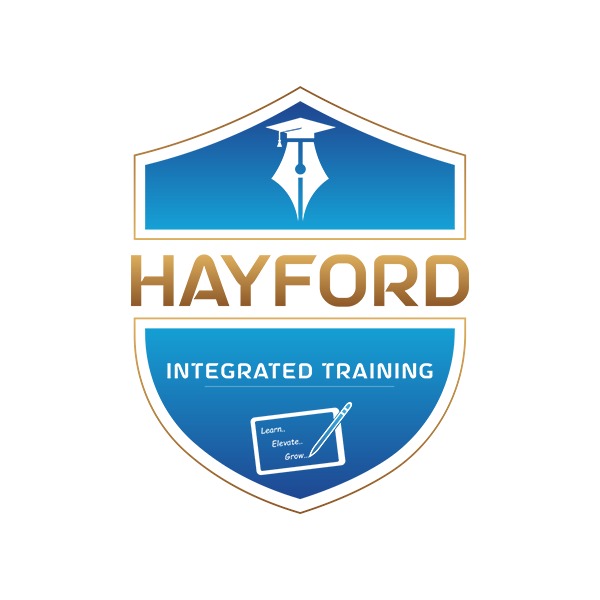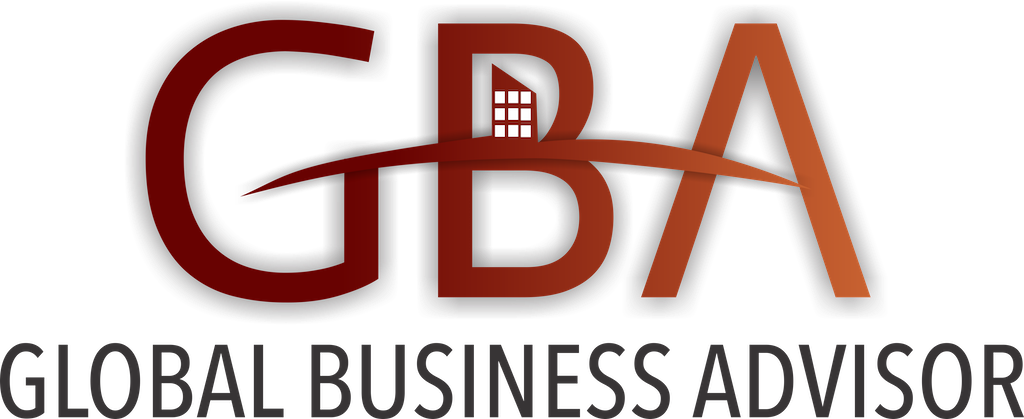
All organisations, no matter whether private, government, or not-for-profit, have one thing in common – they all take the risk to achieve their goals. Unfortunately, too many organisations either don't have any formal approach to considering the risks they are taking or utilise forms of risk management that are below par. That is, they are not in line with the principles and guidelines of better practice defined in ISO 31000.
This Enterprise Risk Management training course provides the delegates with the requisite knowledge to design, implement and operate enterprise risk programs to successfully manage organisational risk. It takes a holistic approach and calls for management-level decision-making that may need to be clarified for an individual business unit or segment. Thus, firm-wide surveillance is given precedence instead of each business unit being responsible for its own risk management.
Enterprise Risk Management (ERM) is a methodology that looks at risk management strategically from the perspective of the entire firm or organisation. It is a top-down strategy that aims to identify, assess, and prepare for potential losses, dangers, hazards, and another potential for harm that may interfere with an organisation's operations and objectives and/or lead to losses.
Day One: Principles Of Risk And Enterprise Risk Management
Objectives & Governance: Concepts & Definitions
Mapping and Assessing the current Governance Arrangements
Commitment: Setting the objectives for implementing the latest guidance
Who are the internal and external stakeholders?
The importance of culture, communication, and behaviour in seeking an effective ERM structure
An overview of the global post-pandemic business environment
Enterprise Risk Management: The Resilient Organisation
Day Two: ISO 31004 – Designing The Framework For Managing Erm
ERM Framework and Process
ERM Responsibilities: Who does what, who is on the team
ERM Accountabilities and Performance Measures
Comparison of the current ERM to ISO 31000:2009 Principles
Alignment between ERM Policy and the Organisation
Risk Attitude: Pursue, retain or avoid concerning risk appetite and tolerance
Options for Risk Criteria, Assessment, Identification, Analysis, and Evaluation
Day Three: Business Continuity Management Systems (BCMS)
Fundamental Principles of Business Continuity Management
Implementation of a BCMS under ISO 22301 & 27031
Business Impact Analysis (BIA) and Risk Assessment
Understanding the relationship between BCMS and compliance with the other ERM requirements, including supply chain strategies
Writing a business case and a project plan for the implementation of a BCMS
Incident and Emergency Response Management
Day Four: Implementing Effective Enterprise Risk Management
Resources and Methodologies to Implement the Plan
Ensuring ERM becomes part of significant decision-making
What are the likely barriers to implementation (risk culture)?
Risk reporting & the limitations of various risk reporting tools & methodologies
Assess the merits of quantitative risk modelling & qualitative reporting
Align the risk reporting processes with other strategically important management activities, such as reputation management
Day Five: Monitoring, Review, And Continuous Improvement Of The Framework
Key Risk Indicators (KRI´s)
Evaluating KPI Metrics for the Organisation
Continuous Improvements: Running your team-based risk workshops
Collate risk and control information from multiple sources into a central risk register or inventory of risk information system
Controls Register or Inventory of Controls: The “Five Ws”
XCalibre Training Centre offers unique development and skill-based training courses internationally that aim to nurture practical result-driven abilities in individuals to keep up with the constantly changing business requirements.
We equip people with information and opportunities to propel them forward in their careers by offering training in versatile sectors, including human resources, energy and innovation, data management & IT, maritime management, and more.
Our organisation hires globally-acclaimed subject matter experts that has extraordinary references. Having this together with their academic knowledge and real-life experiences can bring out courses and seminars with best practices that ensure substantial output and benefits to the attendees.
XCalibre Training Centre assists our delegates from varied backgrounds, qualifications, designations, and industries willing to improve their career path for self-sustenance and self-realization. The end goal is to create a mutually beneficial relationship between organizations and their employees to reach their desired levels of success.
(Institute Review)
55 years ago(Institute Review)
55 years ago
This course is designed to provide you with a comprehensive understanding of the principles and practices of corporate governance and equip you with the skills and knowledge needed to effectively manage Corporate Governance issues within you

This programme helps participants develop a core understanding of governance, risk management and compliance (GRC) concepts, and equips them with the skills to integrate these key areas into one capability.

This training is designed to explore all the aspects of Corporate governance by learning about law, regulations need to be followed in core business functions.

This is an American certification with an objective to give comprehensive knowledge of the general concepts of Corporate Governance. Here, the primary focus is on the specific topics and areas with a growing concern for regional and internat

This certification demonstrates your ability and knowledge of corporate governance. It is designed with a primary focus on the core topics related to corporate governance with both local and international concern.
© 2025 www.coursetakers.ae All Rights Reserved. Terms and Conditions of use | Privacy Policy